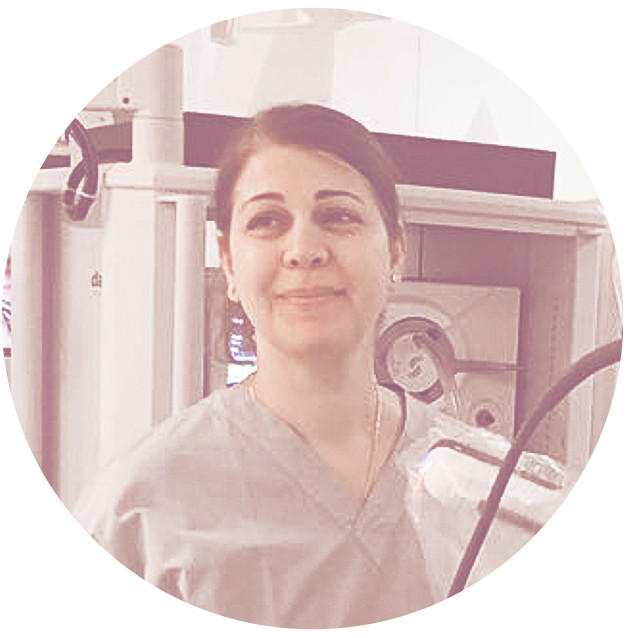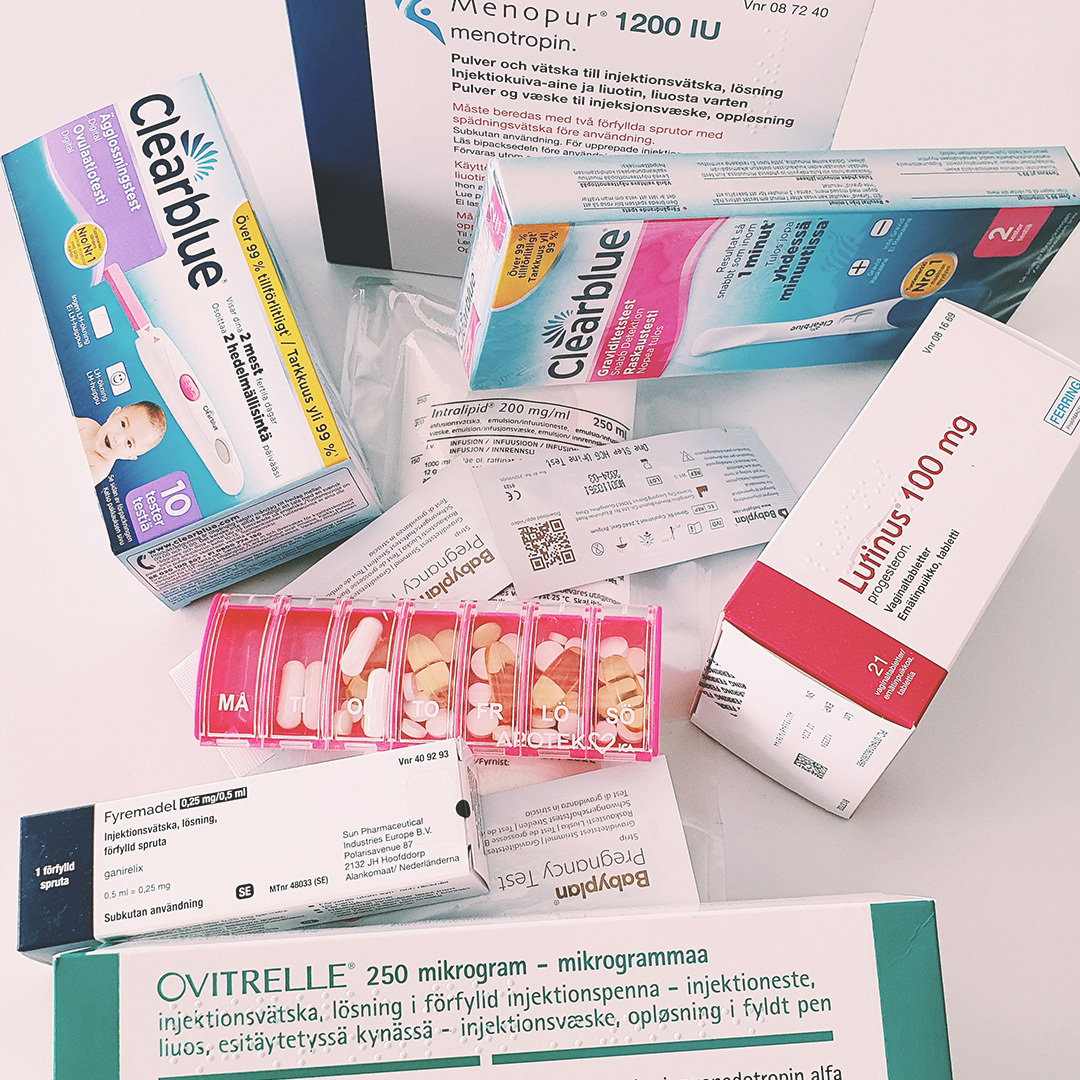The effects of Vitamin D on fertility
.jpg?alt=media&token=fc32a2e6-a127-4170-b5fb-b9338770ed1a)
Vitamin D is a vitamin synthesized in the skin through sun exposure (UVB radiation). Moreover, vitamin D can be ingested from the diet and supplements. Only a few foods, such as the fatty fish, naturally contain significant amounts of vitamin D. In Sweden, it is obligatory to fortify some types of milk, plant-derived milk substitutes and yoghurt with vitamin D.
Vitamin D plays a key role in bone health and fertility. Studies have shown that vitamin D may be involved in a successful reproductive outcome, including the stimulation of the production of hormones, such as progesterone and estradiol by the ovaries, and better sperm quality in terms of sperm motility. It is also suggested that vitamin D may be helpful on the regulation of the process of initial embryo implantation in the human endometrium.
Vitamin D status
There is no consensus regarding optimal vitamin D status. The Institute of Medicine (IOM) and the Swedish Food Agency considers that a sufficient level is when the blood concentration of vitamin D is >50 nmol/L. Vitamin D deficiency is defined as a blood concentration of <20-25 nmol/L. Vitamin D deficiency is the most prevalent nutritional deficiency, and its main cause is the lack of sunlight exposure. There is a lack of broad, representative studies on vitamin D levels in the peripheral blood of women and men in Sweden, but studies indicate that the level for certain groups is unsatisfactory, for example in certain immigrant groups. Moreover, studies performed in Sweden showed that among pregnant women an overall 10% had vitamin D deficiency.
Signs and complications of vitamin D deficiency
Vitamin D deficiency can lead to fatigue, pain in the bones, weak muscles, aches, cramps, and depression.
Vitamin D and fertility
The impact of vitamin D on female and male fertility is still loosely understood. Published studies have small sample sizes and show contradictory and conflicting findings. Few studies have shown that vitamin D deficiency is highly prevalent among women with infertility. Vitamin D deficiency can also impact the process of normal placentation and can lead to hypertension disorders of pregnancy (pre-eclampsia and pregnancy induced hypertension) and fetal growth restriction.
Two review articles from Reddy et al. (2022) and Chen et al. (2020) showed that vitamin D is correlated with many aspects of female and male fertility and pregnancy outcomes. According to these reviews vitamin D status is associated with follicular development on the ovaries, polycystic ovary syndrome (PCOS), endometriosis, preeclampsia and sperm production and motility.
A Danish study (2019), that included nearly 16,000 women with infertility who have received vitamin D fortification through food, showed increased chance of a live birth during a 12 month follow up period among women who received vitamin D fortification compared with women who did not receive extra vitamin D
The Copenhagen Bone-Gonadal Study is a randomized clinical trial carried out by Blomberg-Jensen et al., (2012) in which nearly 300 infertile men with vitamin D insufficiency randomly received placebo or a high oral dose of vitamin D. The study showed that the spontaneous pregnancy rate and live birth was higher in couples where the men were in the treatment group.
Studies that included women undergoing IVF treatment showed that women with normal vitamin D levels were more likely to have a live birth after IVF treatment than women with vitamin D deficiency. However, at present, no randomized controlled trial studying the effect of vitamin D supplementation on IVF treatment outcomes have been performed.
How to supplement vitamin D
According to the Swedish Food Agency, the recommended daily vitamin D intake varies with age and type of sun exposure and should be 10-20 micrograms/day.

Article by
Randa Akouri
MD, PhD, Associate Professor – Specialist in Obstetrics, Gynecology, Reproductive Medicine and Endocrinology
Other Articles

Samantha's Story
I knew from the start that it was hard to conceive a child of our own with my partner. As a child he... Read article

Male factor infertility
The definition of male factor infertility is when the cause of infertility within a couple is becaus... Read article

Endometriosis
The European Society of Human Reproduction and Embryology (ESHRE) has recently released an updated g... Read article
.jpg?alt=media&token=912e3772-6724-4c20-a29e-201478dda308)
Intrauterine Insemination
Intrauterine insemination (IUI), also called artificial insemination (AI), is a type of fertility tr... Read article

Jessica Olers's Story
Sometimes it doesn't turn out as planned. Ever since I was little, I have dreamed of a big family wi... Read article

Jessica’s Story
I have been pregnant three times. Or actually while writing this story, I am pregnant. But I don't f... Read article

Klara’s Story
Our infertility journey started two years ago. The process has not at all been what we expected and ... Read article

Veronica’s Story
To make babies. Nowadays that phrase has a completely different meaning.In february 2019 we decided ... Read article

Tova’s Story
This is #mybumpystory - an emotional rollercoaster with repeated miscarriages and hopefully soon a b... Read article